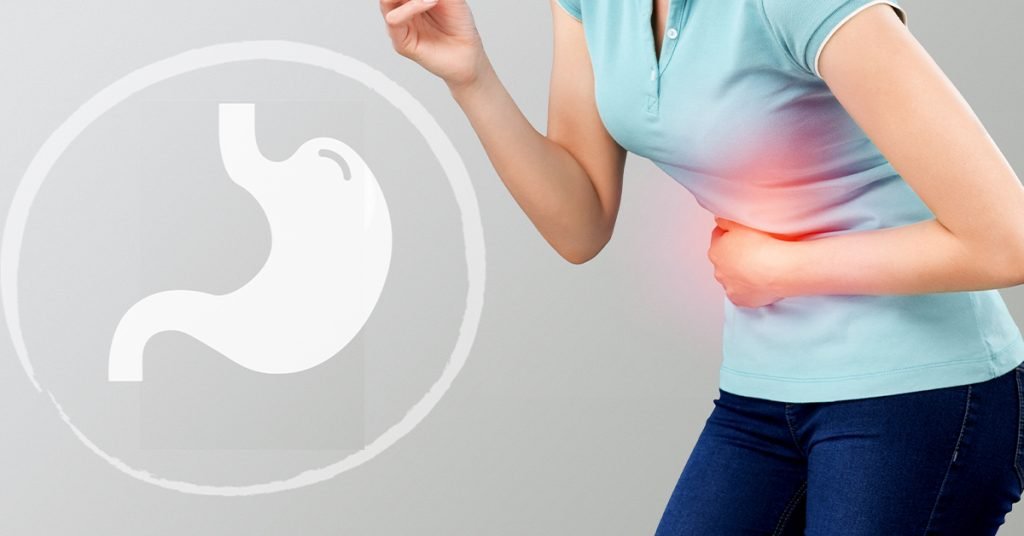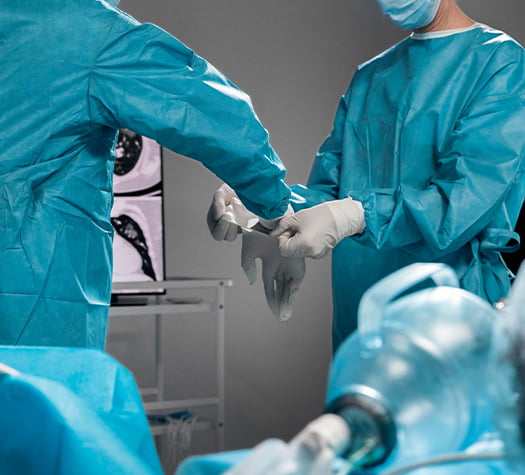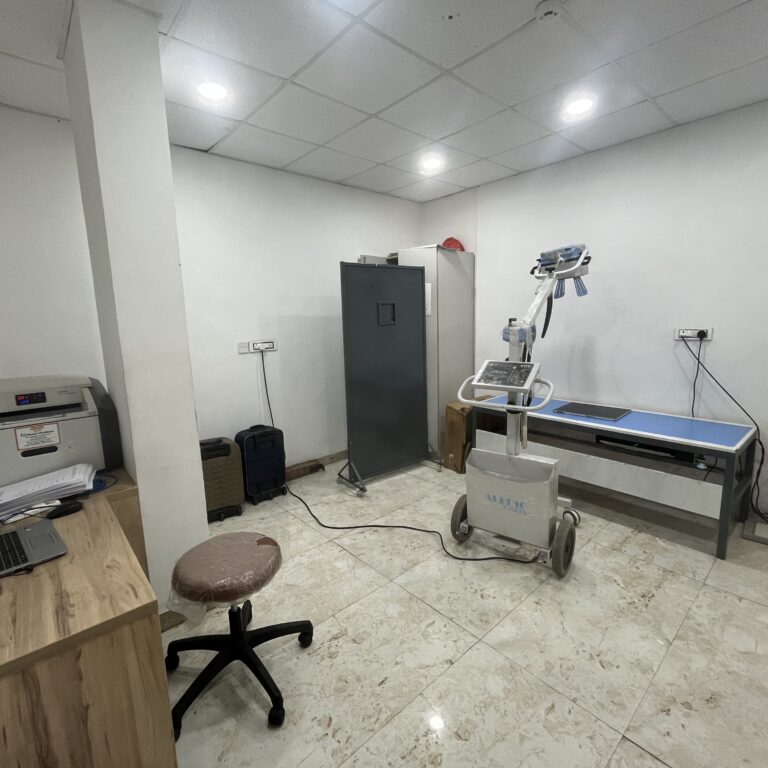Acidity(GERD)/Gastritis Treatment in Bangalore
- Minimal Pain | No Stitches
- All Insurance Accepted
- No-Cost EMI

Book an Appointment .sticky-column{ position: sticky; position: -webkit-sticky; top: 3rem; }
Acidity(GERD)/Gastritis
- Gastroesophageal reflux disease (GERD) occurs when stomach acid repeatedly flows back into the tube connecting your mouth and stomach (esophagus). This backwash (acid reflux) can irritate the lining of your esophagus.
- Many people experience acid reflux from time to time. However, when acid reflux happens repeatedly over time, it can cause GERD.
- Most people are able to manage the discomfort of GERD with lifestyle changes and medications. And though it's uncommon, some may need surgery to ease symptoms
Symptoms
- A burning sensation in your chest (heartburn), usually after eating, which might be worse at night or while lying down
- Backwash (regurgitation) of food or sour liquid
- Upper abdominal or chest pain
- Trouble swallowing (dysphagia)
- Sensation of a lump in your throat

Causes
- GERD is caused by frequent acid reflux or reflux of nonacidic content from the stomach.
When you swallow, a circular band of muscle around the bottom of your esophagus (lower esophageal sphincter) relaxes to allow food and liquid to flow into your stomach. Then the sphincter closes again. If the sphincter does not relax as it should or it weakens, stomach acid can flow back into your esophagus. This constant backwash of acid irritates the lining of your esophagus, often causing it to become inflamed.

Common signs and symptoms of GERD include:
If you have nighttime acid reflux, you might also experience:
- An ongoing cough
- Inflammation of the vocal cords (laryngitis)
- New or worsening asthma

Risk factors
Conditions that can increase your risk of GERD include:
- Obesity
- Bulging of the top of the stomach up above the diaphragm (hiatal hernia)
- Pregnancy
- Connective tissue disorders, such as scleroderma
- Delayed stomach emptying
Factors that can aggravate acid reflux include:
- Smoking
- Eating large meals or eating late at night
- Eating certain foods (triggers) such as fatty or fried foods
- Drinking certain beverages, such as alcohol or coffee
- Taking certain medications, such as aspirin
Complications
Over time, chronic inflammation in your esophagus can cause:
- Inflammation of the tissue in the esophagus (esophagitis). Stomach acid can break down tissue in the esophagus, causing inflammation, bleeding, and sometimes an open sore (ulcer). Esophagitis can cause pain and make swallowing difficult.
- Narrowing of the esophagus (esophageal stricture). Damage to the lower esophagus from stomach acid causes scar tissue to form. The scar tissue narrows the food pathway, leading to problems with swallowing.
- Precancerous changes to the esophagus (Barrett esophagus). Damage from acid can cause changes in the tissue lining the lower esophagus. These changes are associated with an increased risk of esophageal cancer.
